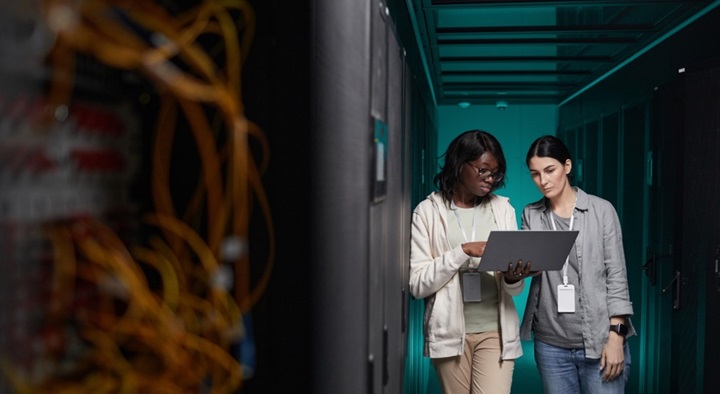
This summer season, Filipinos are experiencing intense heatwaves, with at least 36 key areas, including Metro Manila, facing dangerous heat indexes ranging from 42 degrees Celsius to over 50 degrees Celsius. The highest heat index recorded so far, a scorching 53 degrees Celsius in Iba-Zambales on April 28, has reached the “extreme danger level.”
The Philippine Atmospheric, Geophysical and Astronomical Services Administration (PAG-ASA) warns that these high heat indexes are likely to persist in the next couple of weeks, due to the weakening El Niño. The heat index reflects what the temperature feels like to the human body when relative humidity is combined with the air temperature.
Data centers are particularly vulnerable to these extreme heat indexes. According to Pamela Albar, Sales Director, Vertiv Philippines, managing extreme temperature spikes is critical for data center operators. “Vigilance in monitoring facilities is key to maintaining reliability and connectivity. Failure to address these challenges can have serious implications for operations,” said Albar.
To ensure data center operators keep their facilities cool and protect their operations from extreme temperature spikes during the summer, Vertiv recommends the following interventions:
Clean or Change Air Filters. Data center operators should regularly clean or change air filters in their data center Thermal Management and Heating, ventilation, and air conditioning systems. These filters help protect sensitive electronics from particulates in the air, including smoke.
Accelerate Planned Maintenance and Service. Extreme heat and poor air quality can strain not only data center infrastructure systems but also electricity providers. To prevent unexpected failures, operators should accelerate planned maintenance and service. This includes cleaning condenser coils and maintaining refrigerant charge levels.
Activate Available Efficiency Tools. Modern Uninterruptible Power Supply (UPS) systems often come equipped with high-efficiency eco-modes that can reduce the amount of power drawn from the grid. During heatwaves, reducing demand on the grid can help prevent outages.
Leverage Alternative Energy Sources. Data centers with access to viable alternative energy sources should consider using them. This could include on- or off-site solar arrays, wind farms, or lithium-ion batteries for peak shifting or shaving. It’s important to note that using generators during heatwaves is discouraged due to the higher greenhouse gas emissions they produce compared to alternative energy sources.
These four essential steps are among the best ways to help prevent the damage that can be caused by heatwaves. For Vertiv, their solutions can help operators manage their data centers, particularly with their immersion, water-free, and evaporative free cooling systems designed to deliver reliability and efficiency in high-temperature environments. Vertiv also provides cutting-edge, sustainable, and innovative solutions that improve the performance and scalability of data centers, communication networks, and other critical IT facilities.

